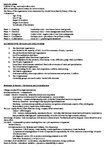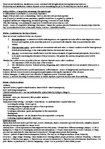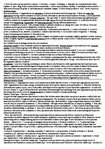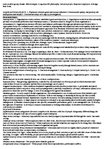-
Management
Larry E. Griner
5 phases of org., each ends with a crisis.
Each evolutionary period creates its own revolution.
The future of the organization is less determined by outside forces than by history of the org.
5 dimensions
- Age of org.
- Size of org.
- Stages of evolution
- Stages of revolution
- Growth rate of the industry
Phase 1 – Creativity Leadership crisis – don’t know how to lead growth
Phase 2 – Direction Autonomy crisis – lower management wants freedom
Phase 3 – Delegation Control crisis – regain control over lower management
Phase 4 – Coordination Red tape crisis – procedures over problem solving
Phase 5 – Collaboration Crisis of..? – psychological saturation?
ALTERNATIVE ORGANIZATIONAL FORMS
1) The functional organization
Size limited by the capacity of CEO. Good for economies of scale, 1 product
2) The product-based functional organization
Good for multiple product lines.
3) The Geographic-based functional organization
Local adaptation for the products, lower transp. Costs, difficult to judge what’s profitable
4) The Project-Organization
Some funct. should remain centralized. Hard with economies of scale and specialization
5) The Divisionalized organization
Very motivating for div. man., but competition, conflicts, inner pricing.
6) The Matrix organization
Joint responsibility, when impossible to choose between area and product. Conflicts.
7) The Conglomerate
Ownership groups, not much useful. Traded with discounts.
Finchman & Rhodes – Motivation and job satisfaction
Changes resulted from high expectations.
Motivation theories – content/needs.
Content – Maslow’s hierarchy. Unsatisfied needs more important.
In prosperous societies need for self-actualization – key motivator.
ERG theory – existence/relatedness/growth. (Alderfer) Unsatisfied needs less important
Needs by Mumford – knowledge/control/psychological/task/moral
Herzberg – motivators(responsibility, promotion, recognition, achievement, aspects of the job)/hygiene factors(salary, policy, supervision, relationships)
…
Ideālais špikeris Organization and Management priekšmetā.Visi modeļi, terminu skaidrojumi, jaunāko paņēmienu pārskats (no Harvard Business review un citiem rakstiem).




